Study Report: Mechanism of neuronal gene repression in Alzheimer’s Diseases revealed.
Study Report: Mechanism of neuronal gene repression in Alzheimer’s Diseases revealed.

Molecular Cell Volume 56, Issue 1, p163–173, 2 October 2014
In the recent issue of Molecular Cell, AR. Alvarez and colleagues reported their discovery on the mechanism of how neurons of Alzheimer’s Disease (AD) patients lose their ability to generate neuronal proteins. The mechanism is an effect of epigenetic blockade of gene expression in AD by the stabilization of HDAC2 proteins, via the phosphorylation by c-Abl at its tyrosine motifs. Normal brain expresses neuronal genes to repair the damaged neurons through HDAC2 ubiquitination leading to the degradation of the transcription repressor. In diseased brains, neuronal genes are epigenetically repressed as phosphorylated HDAC2 binds to the chromosome. However, c-Abl inhibition with Imatinib was able to undo the repression by preventing AβO-induced stabilization of HDAC2 proteins.
arigo presents new epigenetics pathway duo (ARG30100) comprising c-Abl (ARG52591) and HDAC2 (ARG53126) antibodies to facilitate the studies of epigenetic regulation of gene expression in the Alzheimer’s Disease model.
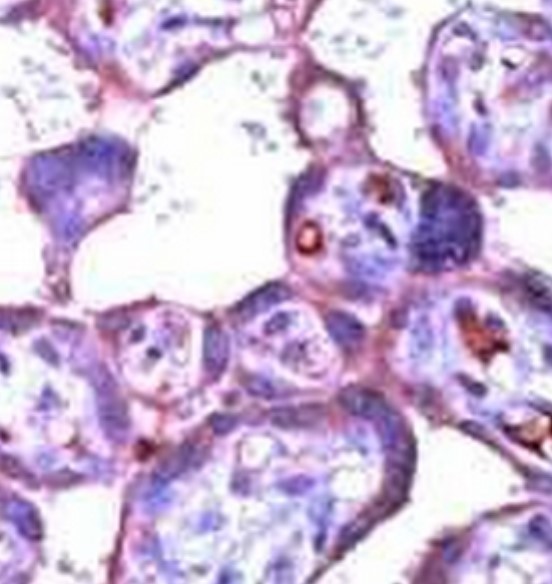 |
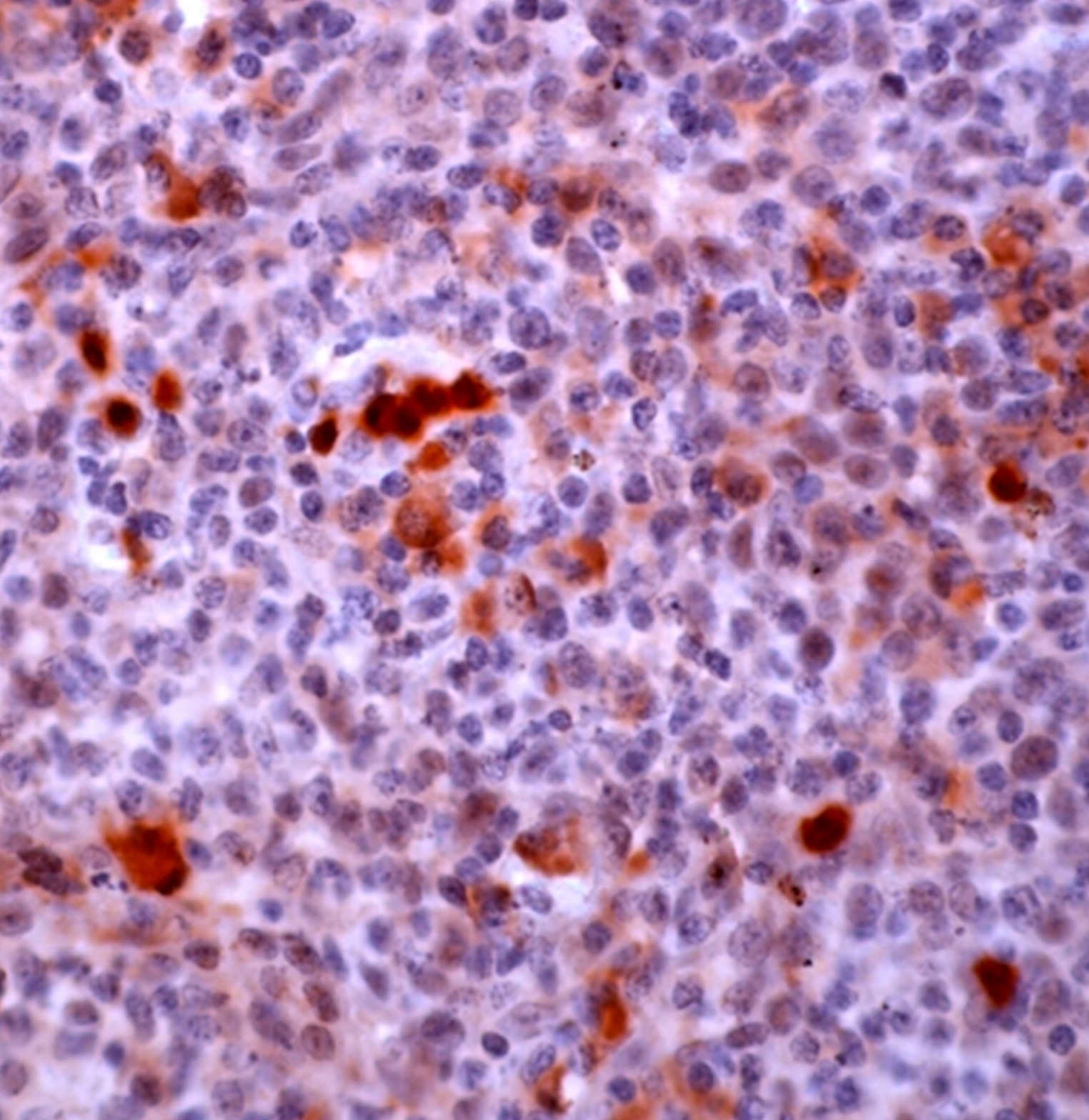 |
| ARG52591 c-Abl antibody | ARG53126 HDAC2 antibody |
|
Other antibodies for the study of Neurodegenerative Diseases: |
||
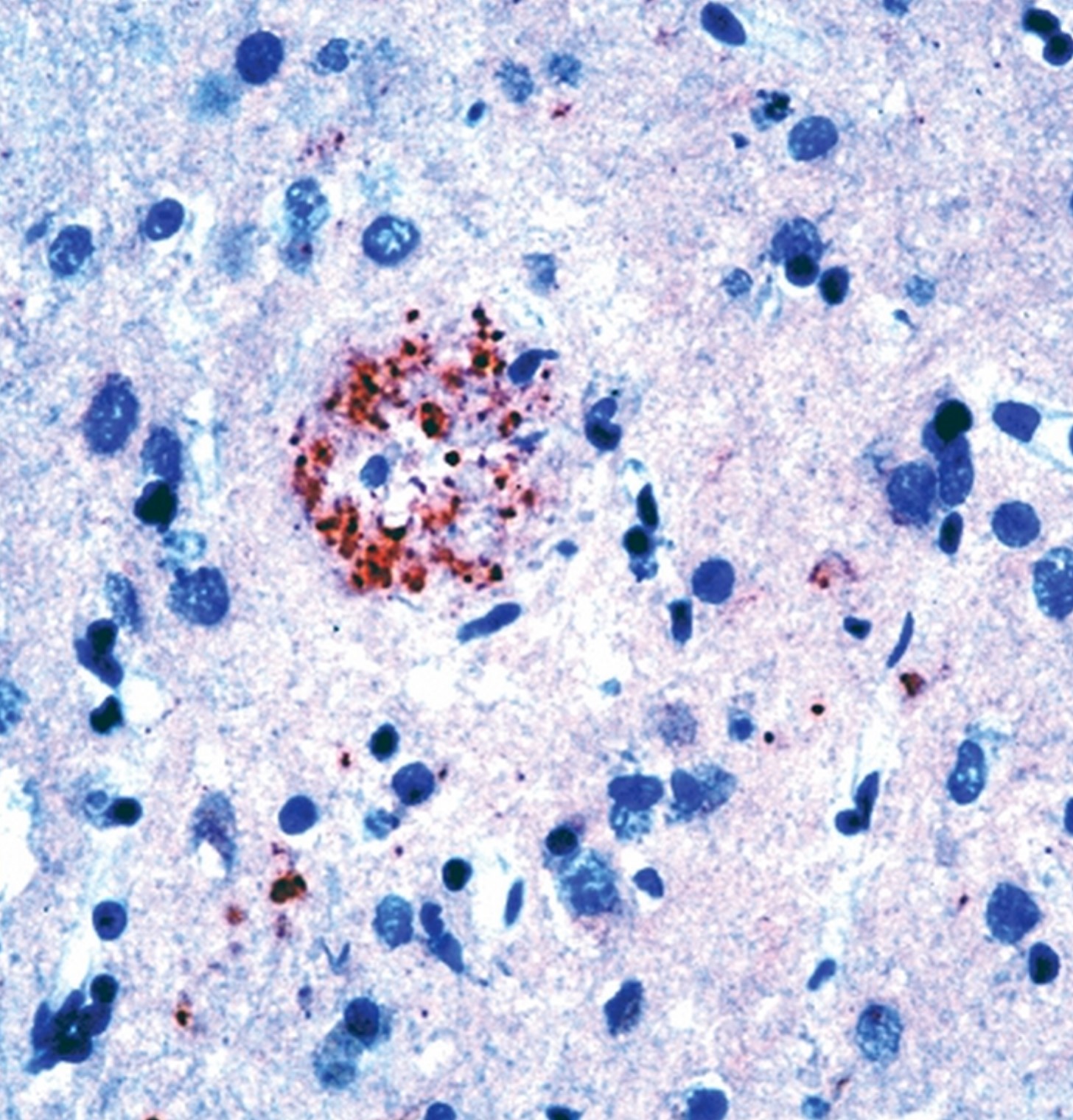 |
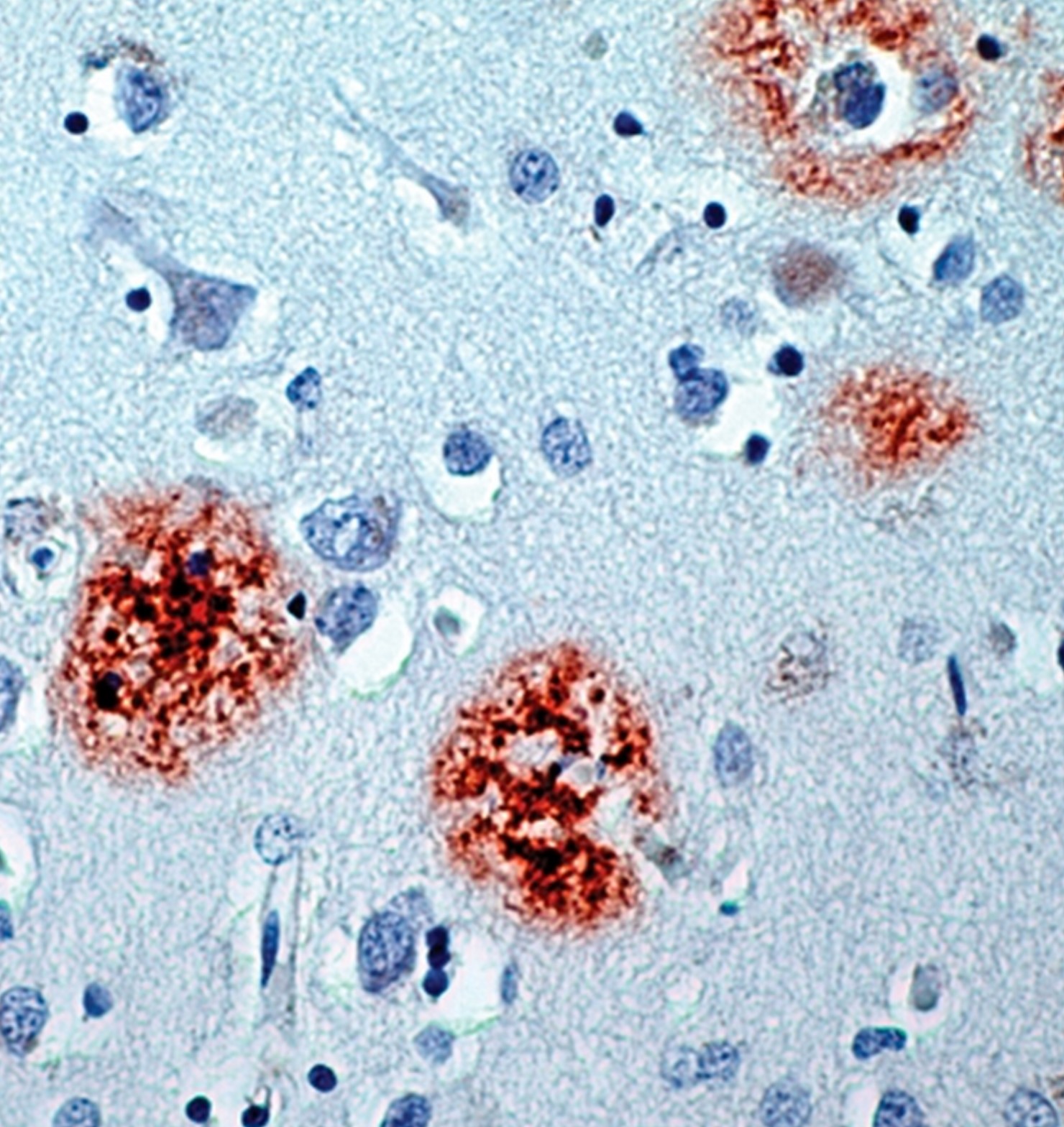 |
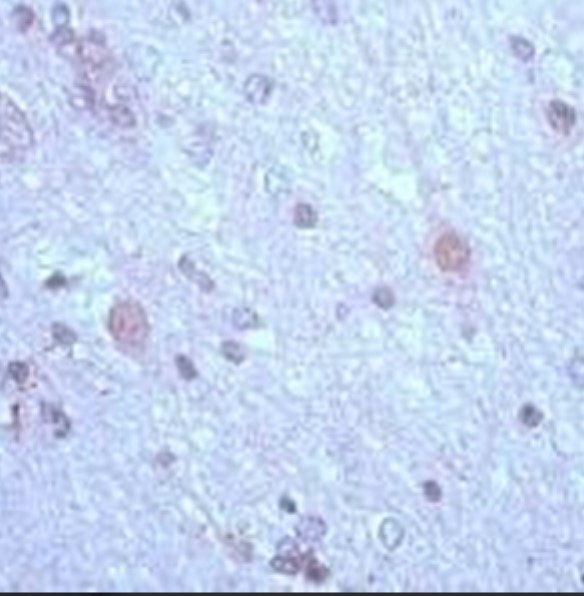 |
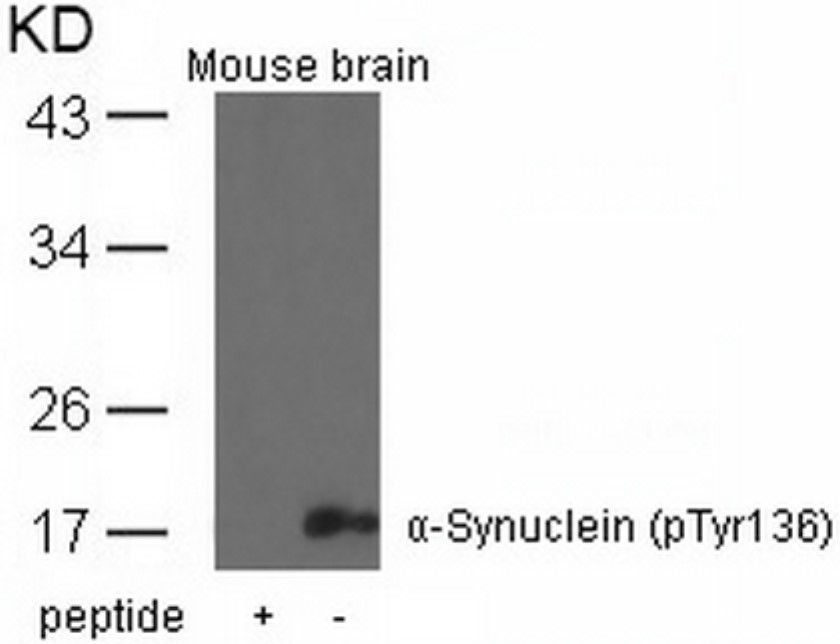 |
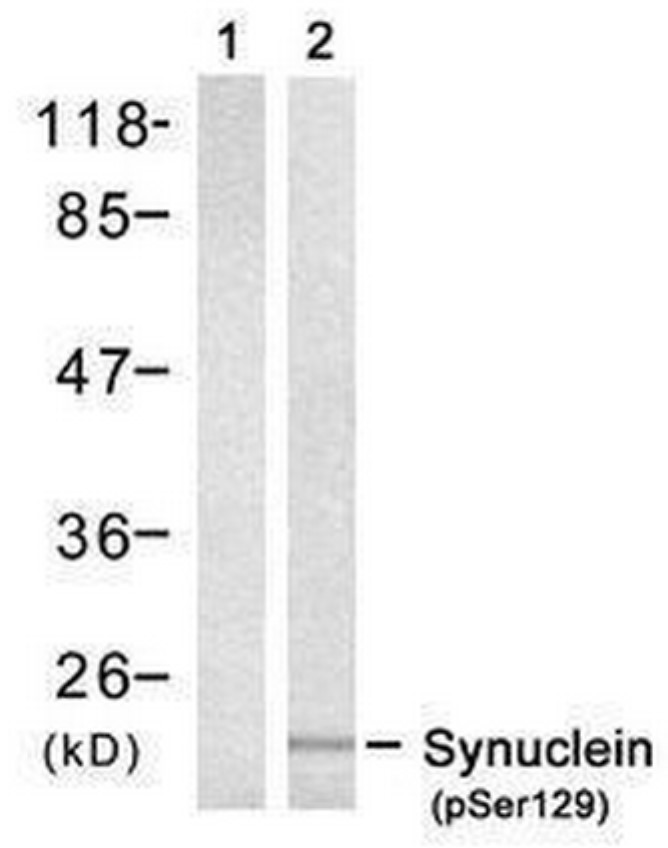 |
